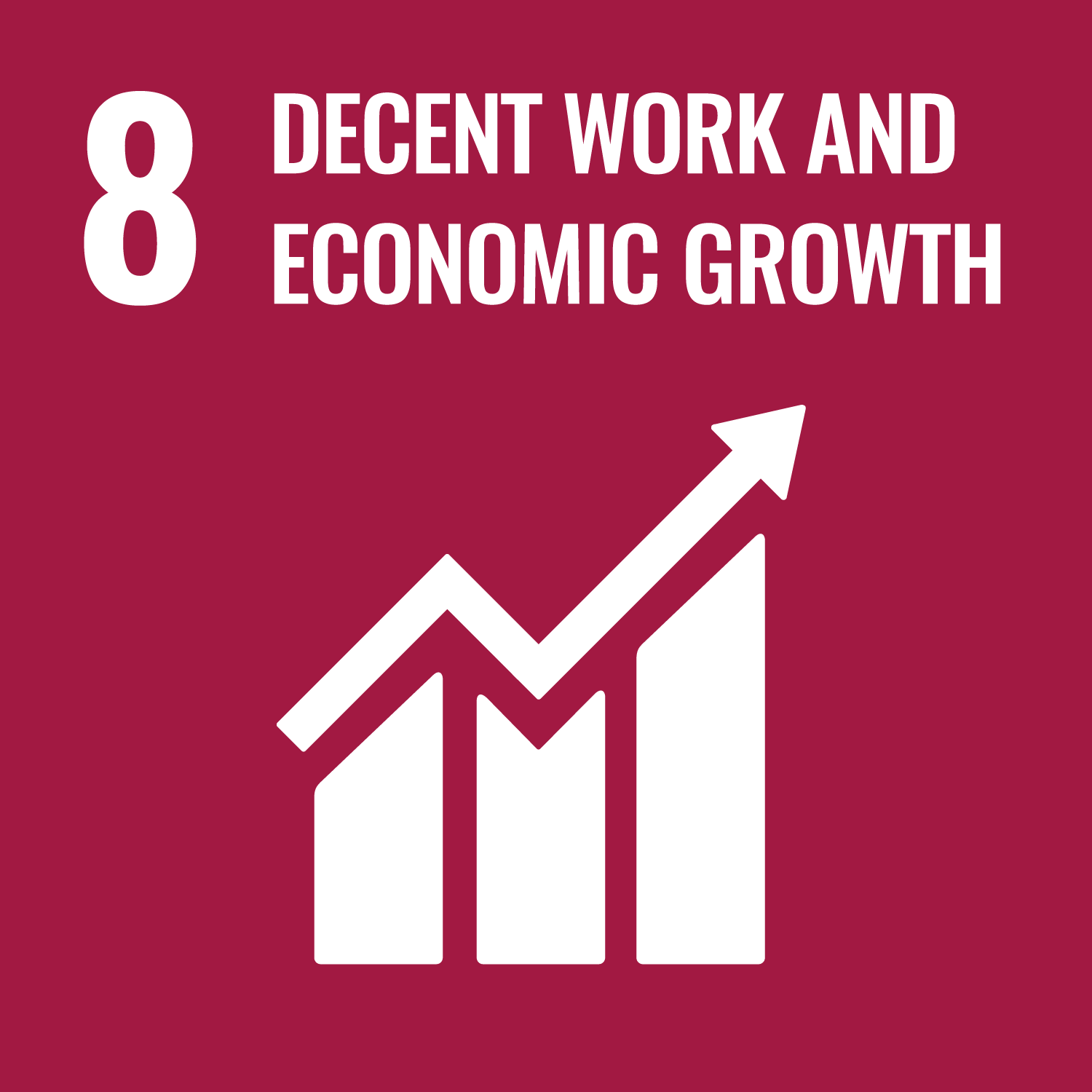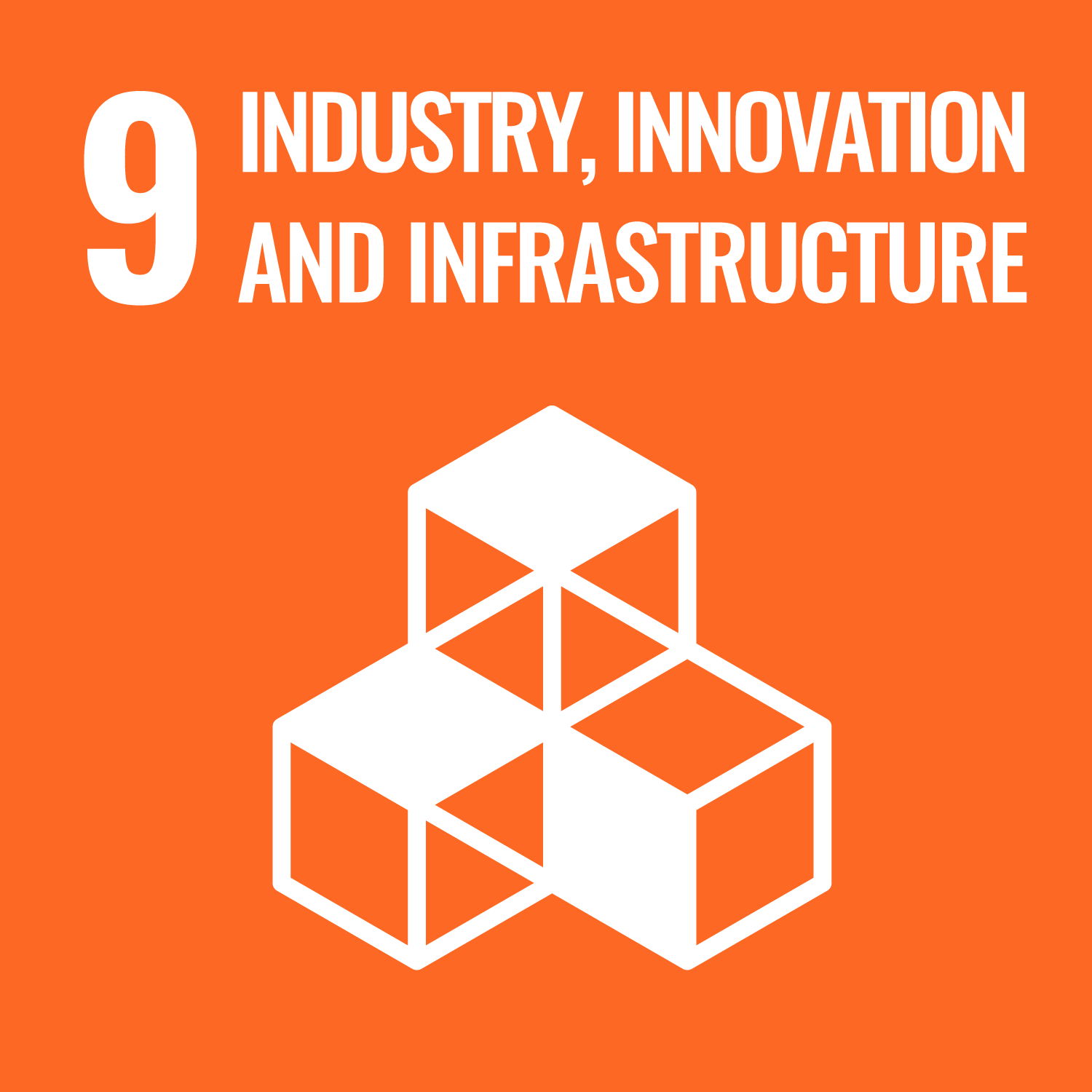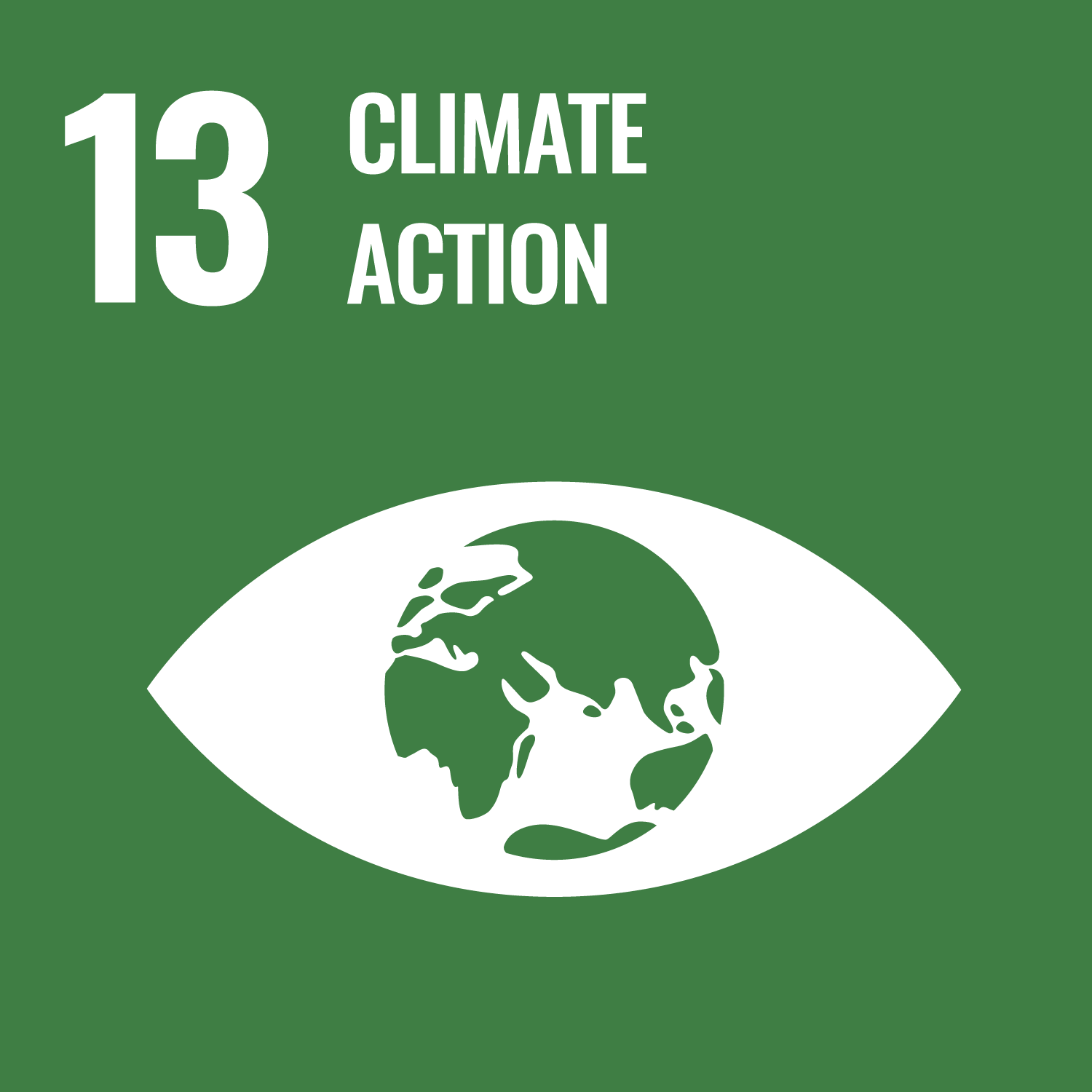Search faculty publications
Display:
15 publications
Academic Articles
2026
SAVIN, I., E. GRUGNI, J. VAN DEN BERGH
Academic Articles
2025
SAVIN, I., D. TORREN PERAIRE, J. VAN DEN BERGH
Academic Articles
2025
SAVIN, I., G. PAPACHRISTOS, J. VAN DEN BERGH
Academic Articles
2025
SAVIN, I., L. C. KING, J. VAN DEN BERGH
ESCP Impact Papers
2025
SAVIN, I
Academic Articles
2024
MESTRE GARCIA, C., I. SAVIN, J. VAN DEN BERGH
Academic Articles
2024
SAVIN, I., V. SARTO I MONTEYS, G. TORRAS TUTUSAUS, M. BEDÓS BALSACH
Academic Articles
2024
SAVIN, I., J. VAN DEN BERGH
Academic Articles
2024
SALEKPAY, F., J. VAN DEN BERGH, I. SAVIN
Academic Articles
2024
KING, L. C., H. PATINO-ARTAZA, I. SAVIN
Looking for someone else ?
ESCP faculty directory
ESCP faculty directory
 Sustainable Development Goals
Sustainable Development Goals


